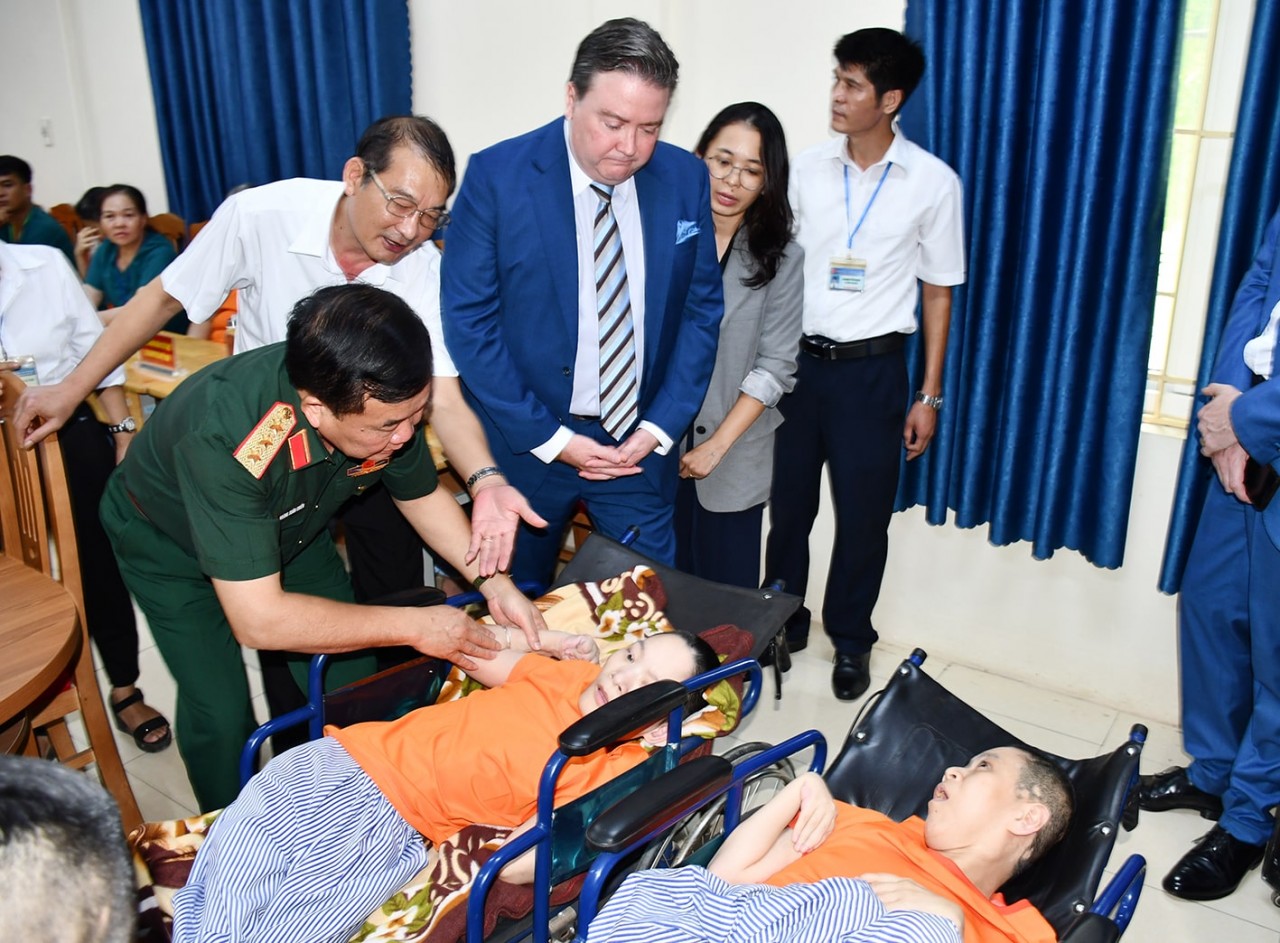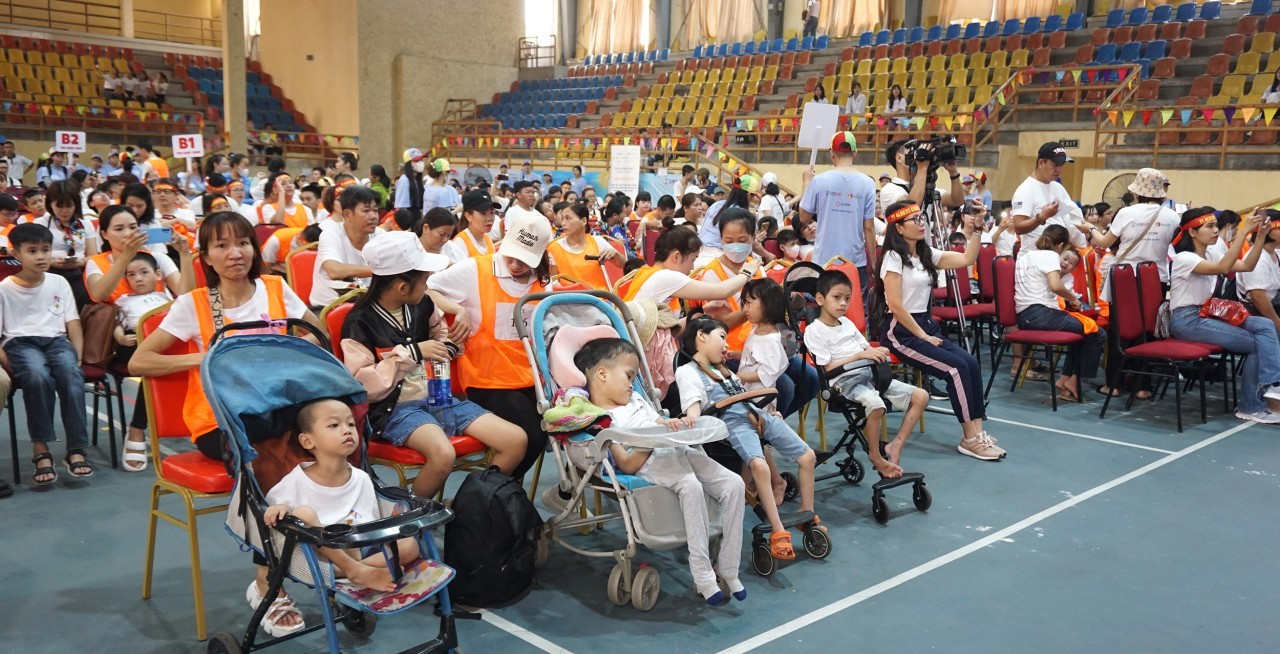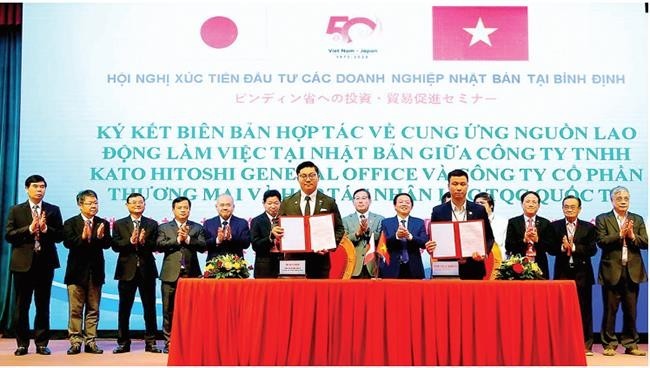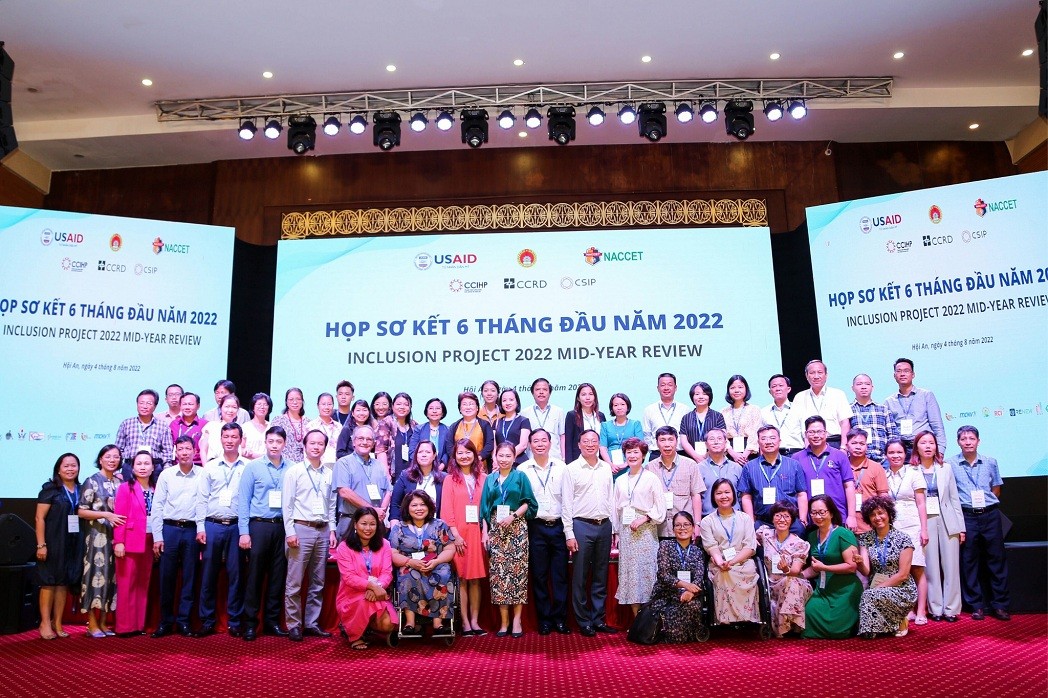US EPA reaffirms that glyphosate is not a carcinogen
 |
| Monsanto Co's Roundup is shown for sale in Encinitas, California. (Photo: REUTERS/Mike Blake) |
The conclusion reaffirms the agency's stance on glyphosate, the key ingredient in Bayer AG's Roundup, despite judgments by US juries that have found that use of the weedkiller was responsible for plaintiffs' cancer in some trials.
"EPA has concluded that there are no risks of concern to human health when glyphosate is used according to the label and that it is not a carcinogen," the agency said in a statement.
According to Reuters, the EPA judgment could help bolster the case for Bayer as it faces thousands more lawsuits from Roundup users who allege it caused their cancer.
Bayer, which bought Roundup maker Monsanto for USD 63 billion in 2018, welcomed the findings. The company has maintained glyphosate and Roundup are safe and not carcinogenic.
"Glyphosate-based herbicides are one of the most thoroughly studied products of their kind, which is a major reason why farmers around the world continue to rely on these products," said Liam Condon, Bayer's global president for crop science.
In 2015, the World Health Organization's cancer arm classified glyphosate as “probably carcinogenic to humans."
Bayer said last Friday it reached an agreement with plaintiffs' lawyers to postpone a Missouri jury trial over allegations Roundup causes cancer to provide time for negotiations to settle the litigation.
Three consecutive juries previously found Bayer liable for causing cancer with damages of tens of millions of dollars awarded to each plaintiff. The company is appealing those verdicts.
"This administration's troubling allegiance to Bayer/Monsanto and the pesticide industry doesn't change the trove of peer-reviewed research by leading scientists finding troubling links between glyphosate and cancer," said Lori Ann Burd, director of environmental health for the Center for Biological Diversity.
The US chemical group Monsanto has long been associated with the Agent Orange (AO) devastation in Vietnam.
It was one of the main suppliers of more than 80 million litres of herbicides which contain AO that US troops sprayed over 78,000 square kilometers (30,000 square miles) of southern Vietnam in the period from 1961-71, to clear out the dense tracts of tropical jungles that served as the hideouts of the Vietnamese military forces.
Of the total volume, 44 million litres were AO, containing nearly 370 kilograms of dioxin. Studies have showed that only 80 grams of dioxin in the water supply system of a city of 8 million could kill off the entire population, still, Monsanto and other chemical groups insist that their products were not harmful to humans’ health.
Dioxin contained in the defoliant stays in the soil and at the bottom of lakes and rivers for generations. It can enter the food chain through meat, fish and other animals, and has been found at alarmingly high levels in human breast milk.
The Government of Vietnam estimates that around 4.8 million Vietnamese were exposed to the toxic substance. Three million people have grappled with debilitating diseases including various types of cancers, neural damage and reproductive failures. Birth deformities and mental impairments continue to haunt even the third and fourth generation of descendants of those originally exposed to dioxin, forty years after the war ended.
Currently, the US has organised several clean-up operations at some of their former military bases such as the Da Nang airport or Bien Hoa airport, provide humanitarian assistance for people with disabilities in Vietnam, including victims of AO, but these efforts still can not fully make up for the devastation, pain and loss that AO causes in Vietnam./.
Recommended
 World
World
India strikes back at terrorists with Operation Sindoor
 World
World
India sending Holy Relics of Lord Buddha to Vietnam a special gesture, has generated tremendous spiritual faith: Kiren Rijiju
 World
World
Why the India-US Sonobuoy Co-Production Agreement Matters
 World
World
Vietnam’s 50-year Reunification Celebration Garners Argentine Press’s Attention
Popular article
 World
World
"Will continue offering our full support to Indian govt": US FBI Director after Pahalgam attack
 World
World
"Great Leader": JD Vance Lauds PM Modi During His India Visit
 World
World
Trump’s Tariff Pause: A Strategic Move from “The Art of the Deal”?
 World
World










